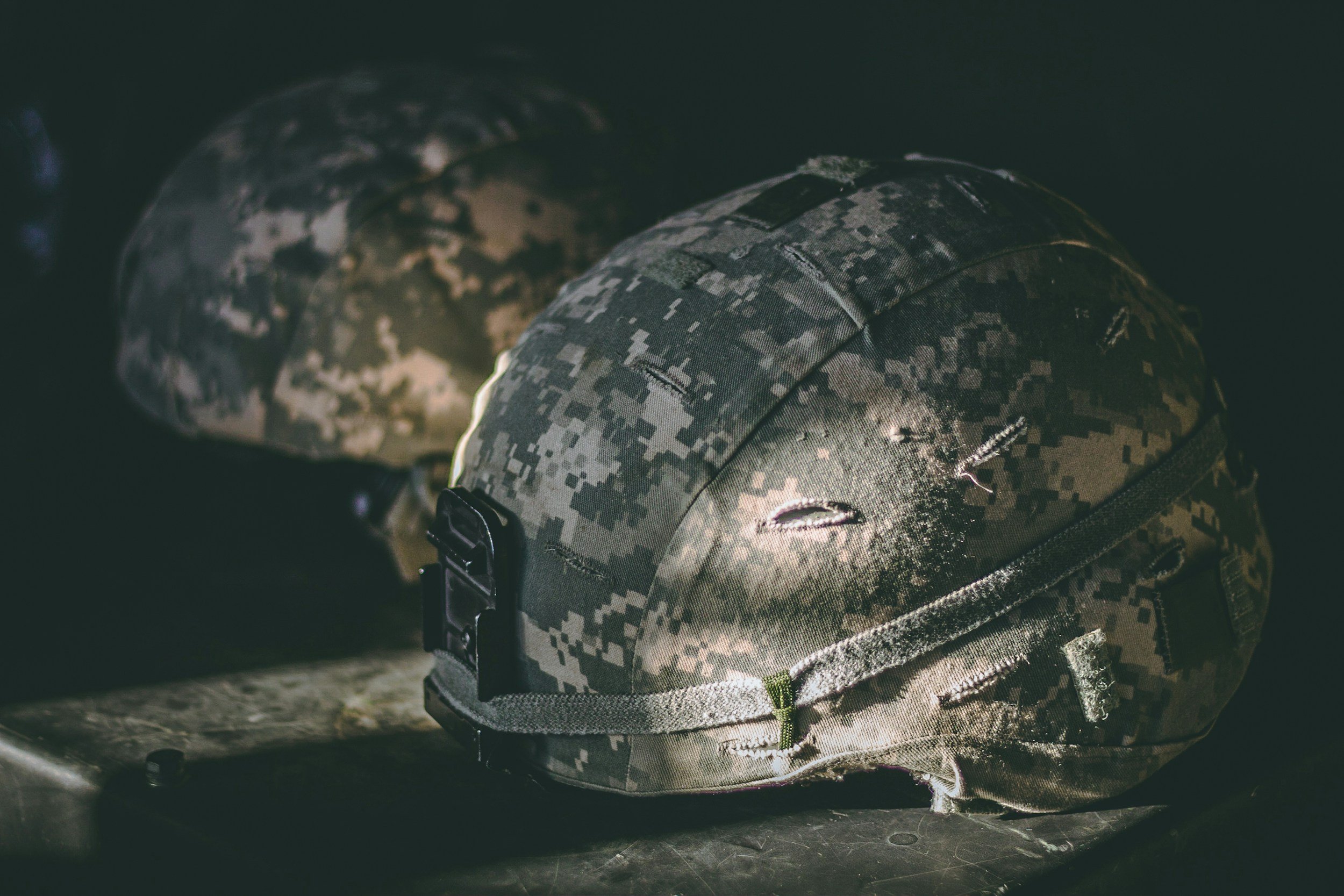
1 in 4
active-duty members showed signs of a mental health condition.
Active Military/Veterans
Military service members, veterans, and their families often encounter significant barriers to accessing mental health care. Without personal experience being in the military or extensive training in working with those who have been in the military, the behaviors of veterans, especially those who have been in combat, can be perplexing.
The suicide rate for veterans is 57% greater than non-veterans.
of veterans’ caregivers report increased stress or anxiety.
Issues addressed in therapy for active military/veterans:
Reintegration
Whether you are just coming back from a deployment or you have been discharged for 10 years, reintegrating into your family and the world around you can at times feel impossible. The military gives you extensive training in a lot of things, but not in how to fulfill your role of being a parent, spouse, or entering back into the civilian workforce. Getting out of the military and facing a world that feels like a stranger to you can be incredibly destabilizing. Your home doesn’t have the structure of the military, and your loved ones are not your subordinates—adjusting to this new normal is a lot of work.
Substance Use Issues
The physical and emotional toll of being in the military leads many to substance use issues. Few things can replace the adrenaline rush of jumping out of a plane or taking part in a firefight. For some, substance use was an issue even before the military, and the military culture only exacerbated it. Substance use is commonly used as a means to self-medicate for a multitude of different reasons. Whatever the reason, substance use is rarely ever sustainable and is likely impacting you and your family more than you know. In a population that tends to go to the extremes, substance use is often fatal.
Moral Injury
Being in the military exposes you to things civilians will never, ever see. Processing these experiences is vital to preventing them from negatively impacting your worldview. People can leave the military feeling very bitter, hopeless, and distrustful towards humanity, the government, and the future. Reconciling conflicts within you is vital to your emotional wellbeing and ability to have healthy relationships.
